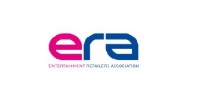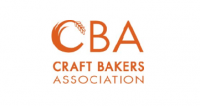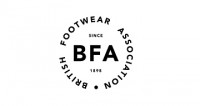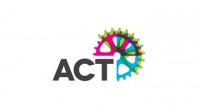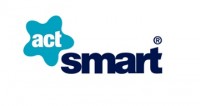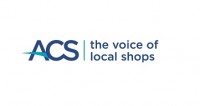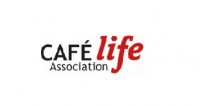Practical steps to prevent credit card and payment fraud as an independent cycling retailer
Posted on in Business News, Cycles News
With high-tech payment terminals now ubiquitous on the high street retailers are better equipped than ever to take payments securely. Credit card fraudsters have had to adapt and are now adopting increasingly sophisticated methods when targeting the high street.

A number of ACT and Bira retailers have recently reported a spate of card-present fraud (fraud done in-person at retail outlets) in their own and neighbouring stores, with the issue causing concern for independent retail businesses across the UK. It’s more important than ever to protect your business, so here are a few practical steps to help you minimise the risks.
- Ensure staff training is up to date
Make sure your team is trained to recognise suspicious behaviour.
With training they should be able to:
- Check that the cardholder's name matches their ID if identification is requested.
- Be alert for customers who seem nervous or rushed during transactions.
- Watch for unusual buying patterns, such as multiple high-value purchases in quick succession.
- Ensure physical devices are always kept out the reach of customers.
TIP: If you’re unsure where to start with training, bespoke training courses are a great initial step to take. Bira Training offers course content developed by retailers for retailers and as an ACT/Bira member you only need to get in touch to get started!
- Verify the card's authenticity
When processing payments, it is a good idea to take the following precautions:
- Inspect the card for signs of tampering or damage, such as peeling or mismatched numbers.
- Ensure the card's hologram or embossed details are present and clear.
- Verify the signature on the back of the card against the one on the receipt.
- Use Secure Payment Technology
Investing in up-to-date, secure point-of-sale systems, such as takepayments from Global Payments, is essential for retailers. You can protect your business by looking for a provider that supports:
- Chip-and-PIN and contactless payments, which are harder to duplicate.
- Fraud detection tools that flag unusual transactions.
- PCI DSS compliance to protect sensitive cardholder information.
- Ask for alternative payment method
If unsure about a transaction, shops are entitled to ask customers for and alternative method of payment. If you are unsure about a contactless payment, you can:
- Ask the customer to use chip-and-pin which is more secure than contactless payments
- Suggest that the customer pays via Bacs transfer for higher value items such as e-bikes
TIP: Retailers have the authority to use their discretion and insist a customer uses an alternative payment method. This is line with the Consumer Rights (Payment Surcharges) Regulations 2012.
- Report suspicious activity quickly
If there is reason to suspect credit card fraud, the simplest way to avoid it is refusing the payment. If you suspect fraud and the above steps have been taken:
- Do not complete the transaction. Politely decline and advise the customer to contact their bank.
- Record details of the incident and inform your payment processor or acquirer.
By staying vigilant and proactive, you can reduce your risk of falling victim to credit card fraud while maintaining trust with your customers.
Useful links
If you have any other queries please contact us.



